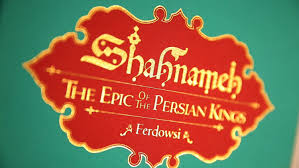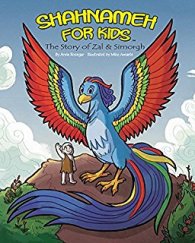Last night on Cambly, I met a poet, a real one. He was born in Saudi Arabia with passion and agony etched on his tongue and a hole in his heart. We spoke for an hour through the veil of a black video screen–as many people from the Kingdom do to preserve modesty in the nakedness of the Western World.
He shared his poetry with me English, then in Arabic. His work is patient and melancholy like a desert wind. It aches of life observed but not lived. It bleeds beauty. He prefers classical Arabic words to modern ones. Says the modern words don’t have the same feel. He is right.
Unfortunately, I am one of a handful of people have ever heard his verses. As a child in he frolicked in literature, dreaming only of poetry. When he turned 16, his parents told him he was to be a surgeon. Poet is not a profession, they said. So he went to medical school. He would scribble verses in his journal or on his phone. He would discard most, other he’d forget…he was a surgeon after all.
But his body began to crack under the weight of his drowning spirit. He is still in the medical field, but no longer a surgeon. He sounds happy about that. He is writing more poetry now; he shared those sparse verses with me with the intention of deleting them as well.
I begged him to save them, perhaps publish them in English under a pseudonym, so his family wouldn’t freak out. He agreed to keep them, but that was all. He sent me a link to the song, the Coffee Cup Reader, which an essential song in Arabic culture. This is the short version, the full version is about more than two hours long.
Needless to say, I am quite interested in learning more about Arabic poetry and perhaps learning Arabic as well. I think it will make me a better writer.
Eryka
 I’ve often wondered how Iran held on to its language and culture after the Arab invasion in 633 AD. Arabic is the dominant language throughout the Middle East, yet somehow Iran still speaks Farsi and held fast to its culture.
I’ve often wondered how Iran held on to its language and culture after the Arab invasion in 633 AD. Arabic is the dominant language throughout the Middle East, yet somehow Iran still speaks Farsi and held fast to its culture. as their primary language because of a poem called the
as their primary language because of a poem called the  art of their national identity and some say it is the sole reason that the Farsi language is still in existence today. While they did adopt the Arabic writing system, they were not letting go of Farsi because of the Shahnameh.
art of their national identity and some say it is the sole reason that the Farsi language is still in existence today. While they did adopt the Arabic writing system, they were not letting go of Farsi because of the Shahnameh.